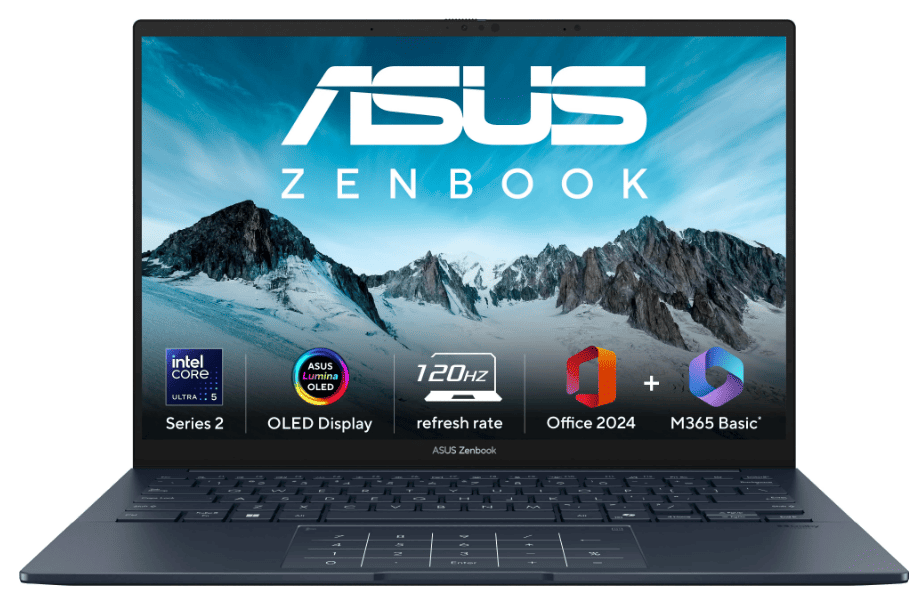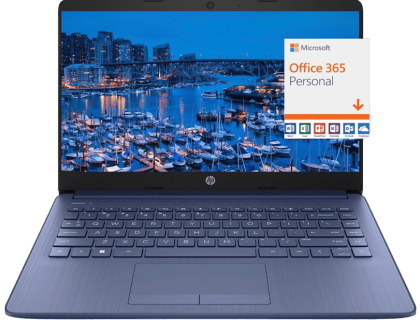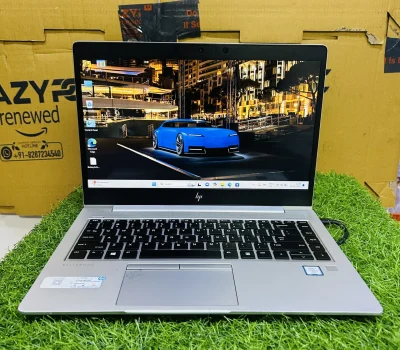Blogs
Best Laptop for Chemical Engineering Students in 2025 – Smart Picks for a Smarter Degree

Table of Contents
When you’re studying chemical engineering, you require more than a trusty notepad or having a Google Scholar browser tab open. You require a laptop capable of running demanding simulations, data modeling, research articles, and coding all within a portable framework suitable for lugging around campus. The ideal laptop for the 2025 chemical engineering students isn’t necessarily about sheer processing power. It’s about achieving the proper balance of performance, portability, and battery life.
Whether you’re operating Aspen Plus, MATLAB, Python scripts, or writing your thesis in LaTeX, having the right laptop can save you hours and aggravation. This article will guide you through what to look for in a laptop as a chemical engineering student and provide you with some great new laptops and budget-friendly refurbished laptops to meet your requirements.
Why Chemical Engineering Students Need a Capable Laptop
A typical chemical engineering degree covers a broad set of topics thermodynamics, fluid mechanics, process design, material science, and computational modeling. These areas require more than just light browsing or typing.
Here’s how you’ll be using your laptop as a chemical engineering student:
1. Running Engineering Software
You’ll likely use tools like:
- Aspen Plus or HYSYS for process simulation and plant design.
- MATLAB and Simulink for system modeling and control analysis.
- Excel for data handling, calculations, and plotting.
- AutoCAD or ChemCAD for process schematics and layouts.
These tools are demanding especially when running multiple simulations or working with large datasets.
2. Programming and Data Analysis
Expect to use:
- Python, R, or C++ for custom scripts and modeling.
- Jupyter Notebooks or Python IDEs for coding assignments and visualizations.
- Programming tasks may involve optimizing processes, data fitting or even machine learning applications.
3. Research and Documentation
From lab reports to your final year thesis you’ll spend plenty of time writing technical documents. Tools like MS Word, LaTeX and PowerPoint should run seamlessly alongside heavier software.
Remote Access and Virtual Labs
After 2020 most universities provide remote labs or simulations using software such as VMware or virtual machines Your laptop should be able to manage this virtual load without freezing.
Also read – Best Laptop for Aerospace Engineering Students in 2025 – High Performance for High Flyers
What Specs to Look For in a Chemical Engineering Laptop
Not all flashy costly laptops are going to cut it. Here’s what to look for:
Processor CPU: Opt for a minimum of an Intel Core i5 12th or 13th Gen or an AMD Ryzen 5 5000 series or above These processors deal with multitasking, simulations, and compilation of codes easily. For long term purposes i7 or Ryzen 7 is best.
RAM: 16GB RAM is the sweet spot. It prevents your laptop from slowing down while running Aspen Plus, Python, and Excel at the same time. For beginners 8GB may be acceptable for a while but upgrading is highly recommended.
Storage: Choose a 512GB SSD or larger SSDs make boot time quick and software operate without hiccups With simulations, logs and files 256GB will fill up rapidly.
GPU: A dedicated GPU is not necessary for most chemical engineering work but having something in the range of an NVIDIA GTX 1650 or RTX 3050 is useful if you sometimes need to do rendering or you play around with machine learning or visualization tools.
Battery and Portability: Chemical engineering students tend to move between classrooms, labs, libraries and hostels. A laptop that lasts 7–10 hours and weighs less than 2kg will prove to be the best.
Best New Laptops for Chemical Engineering Students in 2025
Based on the requirements above here are our top new laptop picks:

Refurbished Laptops for Students on a Budget
Refurbished laptops are a fantastic option if you’re on a student budget but still want reliable performance. EazyPC offers a selection of refurbished machines that are ideal for chemical engineering tasks. These laptops are tested, cleaned and often come with warranties.
Here are a few refurbished models that can run simulation software, IDEs and productivity tools effectively:
These laptops may not run high end simulations instantly but they can be upgraded with more RAM and storage making them a practical choice for most students.
Future-Proofing Your Choice
Think beyond the current semester. In your third or final year you might take on data heavy capstone projects or work with professors on simulations. You might even intern with companies using proprietary software or modeling systems. That’s why investing in a laptop that can grow with your needs is smarter in the long run.
Ask yourself:
- Can I upgrade the RAM or storage?
- Will this machine still perform well two years from now?
- Is it built well enough to handle constant use?
If yes, you’re on the right path.
Final Thoughts
Choosing the best laptop for chemical engineering students in 2025 comes down to understanding what you’ll really use. You’re not just watching YouTube and typing essays—you’re building models, running code, and analyzing real-world chemical processes.
A strong i5 or Ryzen 5 laptop with 16GB RAM and an SSD is enough for 90% of the workload. Add a good display, strong battery life, and a lightweight build, and you’re set. If your budget allows, go for one of the newer laptops with better battery, performance, and display quality. If you need something more affordable, refurbished laptops from EazyPC offer serious value without compromising on performance.
Your laptop will be your lab partner, your coding console, and your project assistant. Choose one that keeps up with your ambitions.
Also read – What Is a Refurbished Laptop? (Complete Guide 2025)









